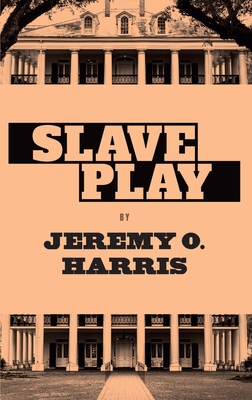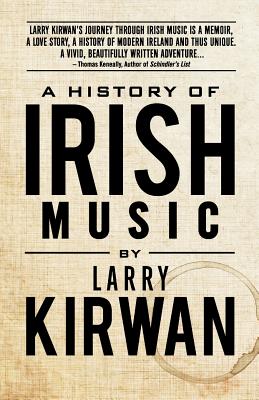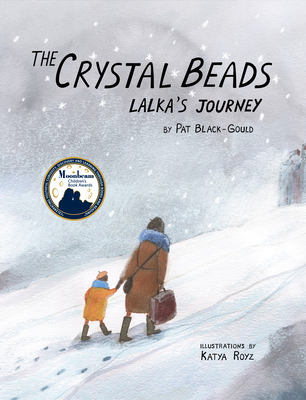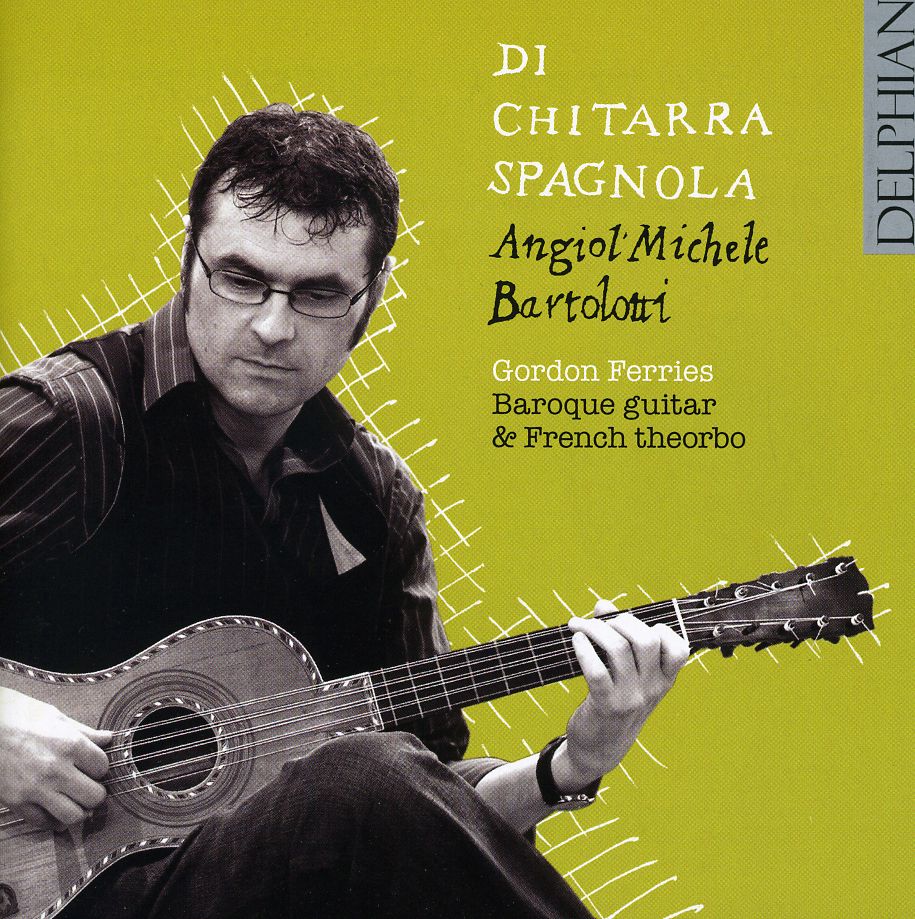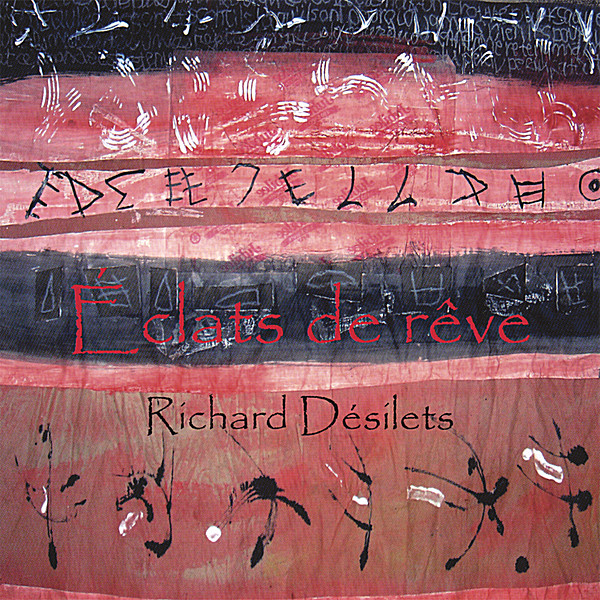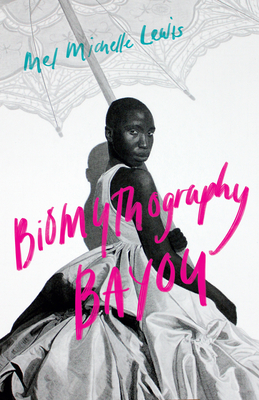
description
kish waters of the Gulf South, where the land and water merge, your narratives cannot be contained or constrained by the Eurocentric conventions of autobiography. When your story is rooted in the histories of your West African, Creek, and Creole ancestors, as well as your Black, feminist, and queer communities, you must create a biomythography that transcends linear time and extends beyond the pages of a book. Biomythography Bayou is more than just a book of memoir; it is a ritual for conjuring queer embodied knowledges and decolonial perspectives. Blending a rich gumbo of genres--from ingredients such as praise songs, folk tales, recipes, incantations, and invocations--it also includes a multimedia component, with "bayou tableau" images and audio recording links. Inspired by such writers as Audre Lorde, Zora Neale Hurston, and Octavia Butler, Mel Michelle Lewis draws from the well of her ancestors in order to chart a course toward healing Afrofutures. Showcasing the nature, folklore, dialect, foodways, music, and art of the Gulf's coastal communities, Lewis finds poetic ways to celebrate their power and wisdom.
member goods
No member items were found under this heading.
Return Policy
All sales are final
Shipping
No special shipping considerations available.
Shipping fees determined at checkout.
